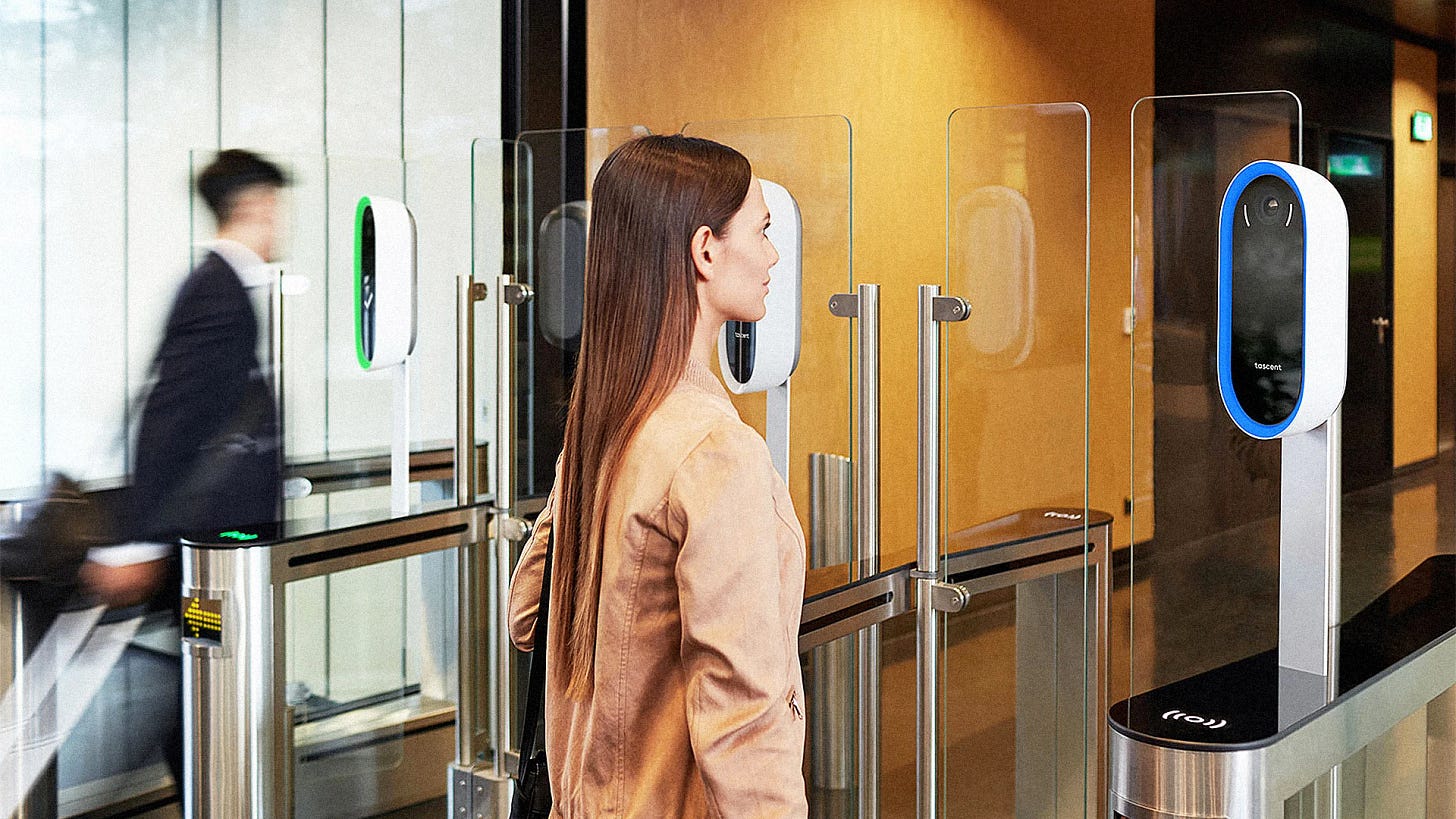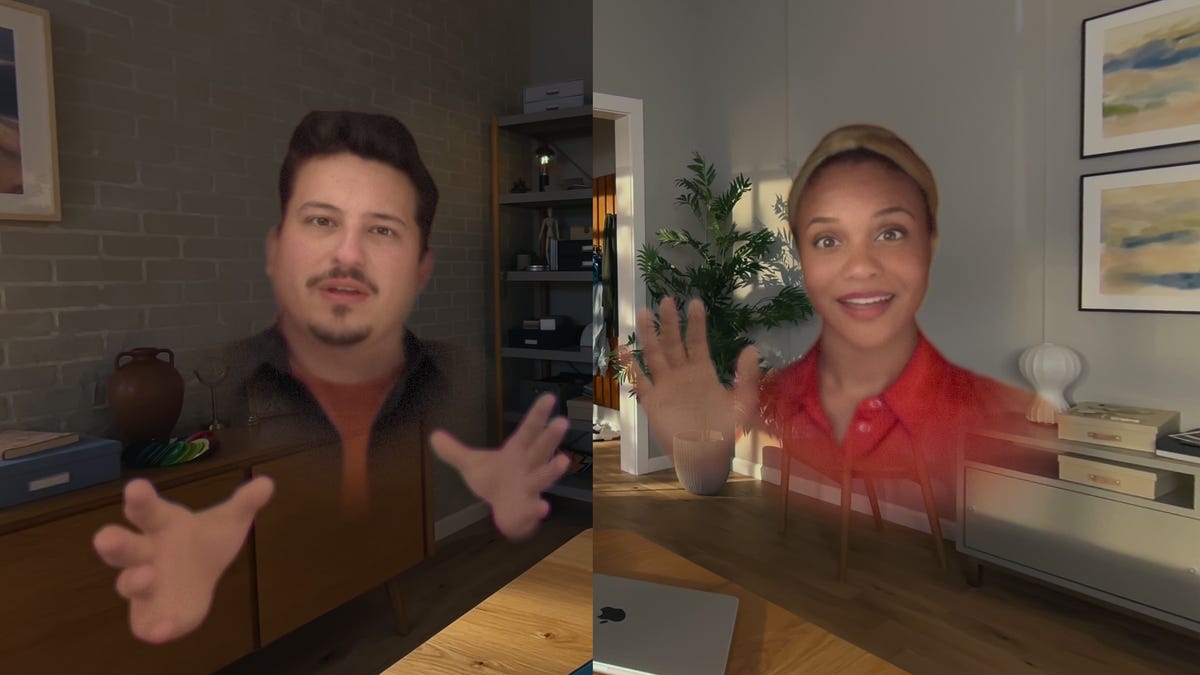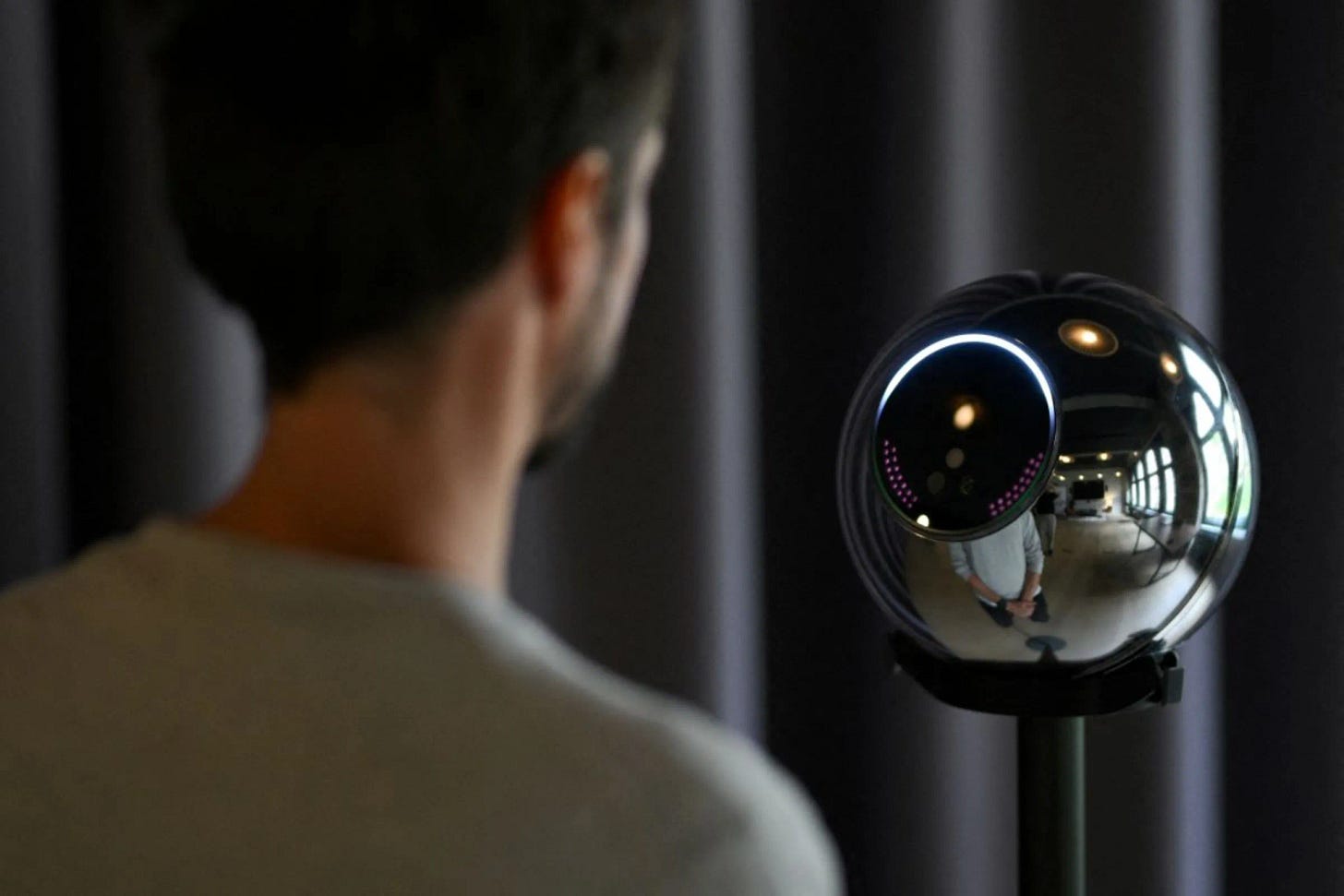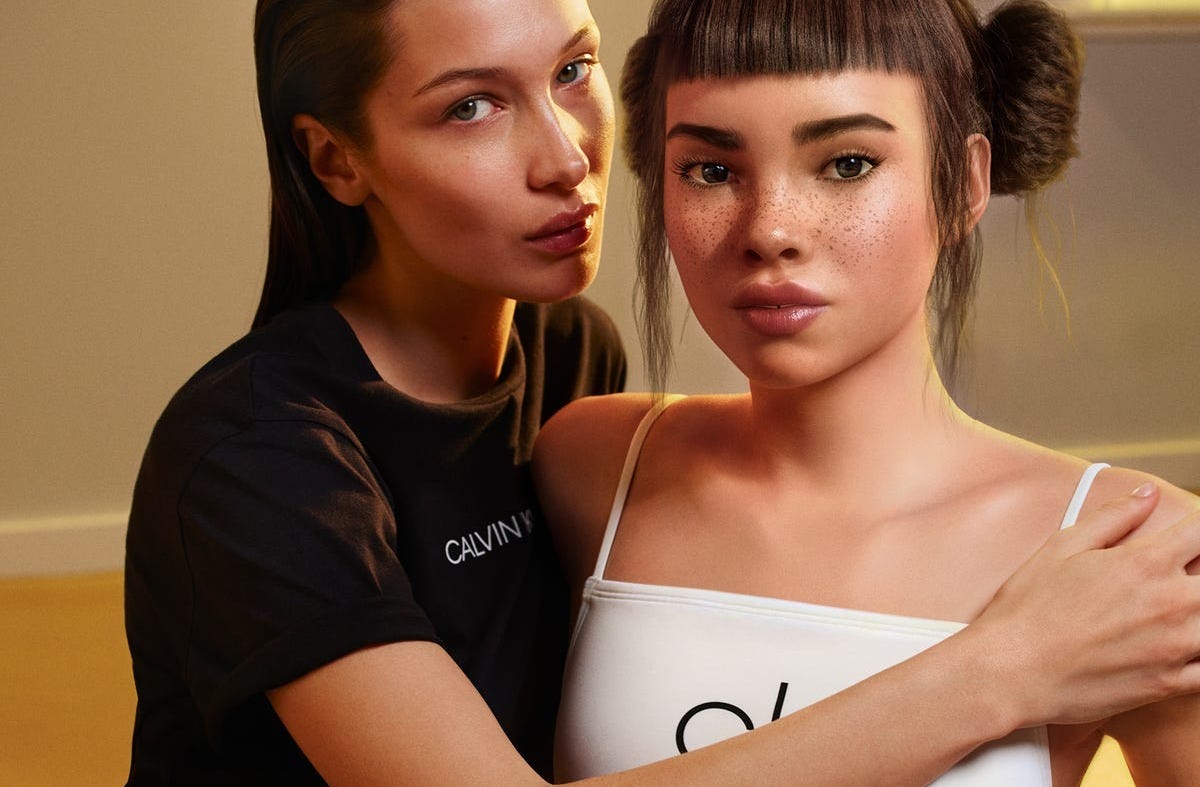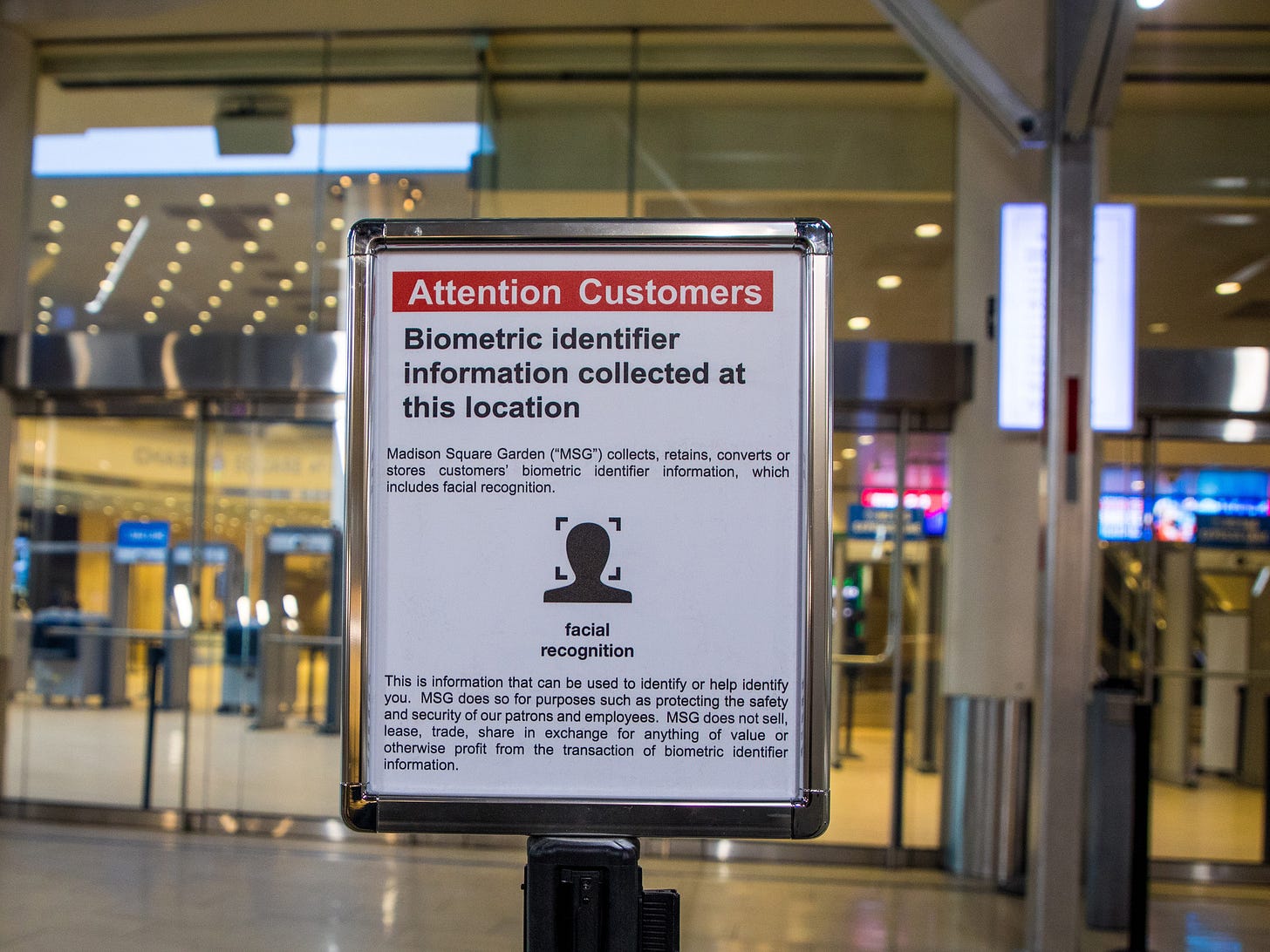The Race to Own Your Digital Twin
Meta, Google, and Apple are betting billions on different versions of you. Here's what happens when your face, voice, and identity become products.
A perfect digital copy of you already exists.
Your face unlocks your phone. Cameras recognize you at airports. Your iris might soon verify your taxes.
Meta, Google, and Apple are racing to build the most detailed version of you possible, and betting billions on different visions of what that means.
Watch the full breakdown:
YouTube Chapter Links:
00:00 Introduction
00:50 The Uncanny Valley
02:06 The Rise of Digital Twins in Security
02:53 China’s Advancements
03:11 Big Techs Race to Own You
04:32 The Sam Altman Paradox
05:29 Silicon Valley’s Playbook
07:09 Digital Twin Use Cases
10:58 The Future
From Hollywood to Your Pocket
The technology that created Thanos started with The Rock’s CGI disaster in The Scorpion King. Today, it digitally recreated Paul Walker to finish Furious 7. And now? It’s in your pocket, verifying your identity dozens of times a day.
You’re Already Using Digital Twins
Every day you interact with primitive versions: FaceID, retina scans, fingerprint verification, CLEAR at airports, ID.me’s 3D selfies.
Here’s what changed: AI gave cameras a pseudo-brain. They don’t just record, they understand.
Big tech is accelerating: Meta pioneered facial recognition tagging, TikTok harvests biometric data, X updated terms to collect your information, DARPA builds politician twins to detect deepfakes.
Three Billion-Dollar Bets
Meta: Codec Avatars → Recreating your personality and mannerisms, not just your face.
Google: Starline → True 3D video calls where someone feels physically present.
Apple: Persona Avatars → Spatial presence without delays or headsets.
Different visions. Same requirement: massive data on you to own how you show up, interact and transact in the digital and physical world.
The Sam Altman Paradox
Sam Altman is simultaneously:
Building AI that makes bots indistinguishable from humans (OpenAI)
Building Worldcoin, which scans irises to verify you’re real
He’s creating both the problem and the solution.
Soon your phone might verify you’re human before letting you post, transfer money, or access apps. The tech exists now.
Five Ways This Changes Everything
Identity: Walk into stores and get recognized instantly, no cards, no passwords.
Communication: Read facial expressions digitally without physical presence.
Entertainment: Digital influencers like Lil Miquela and Tilly Norwood have millions of followers despite not existing.
Social: Replika and Character.AI create companions. But what happens when people prefer AI relationships?
Health: Your Apple Watch builds a health twin that could enable personalized treatments and custom products.
When Protection Becomes Weaponization
Madison Square Garden used facial recognition to ban lawyers whose firms were suing the company, blocking them from concerts they’d bought tickets for. They weren’t criminals. They were attorneys doing their jobs.
Your digital twin could enable personalized healthcare. Or it could enable surveillance and control.
The Choice Ahead
The digital twin isn’t coming, it’s here. The question is: who controls your digital essence? Will your twin empower you or become a tool for others to monitor and; control your behavior? The race has already begun.
Check out some recent discussion over on X:
Physical and digital worlds merge - Google Docs collab for the real world
TikTok’s Symphony Creative Studio - HeyGen meets Synthesia at the speed of virality
Photorealistic avatars: Meta vs Google vs Apple - be anywhere, with anyone, doing anything
OmniRe reconstructs 3D scenes from driving data - edit reality in post
AR glasses will reconstruct everything you do in 3D world space
If this gave you something to think about, share it with fellow reality mappers. The future’s too interesting to navigate alone.
Cheers,
Bilawal Sidhu
https://bilawal.ai



